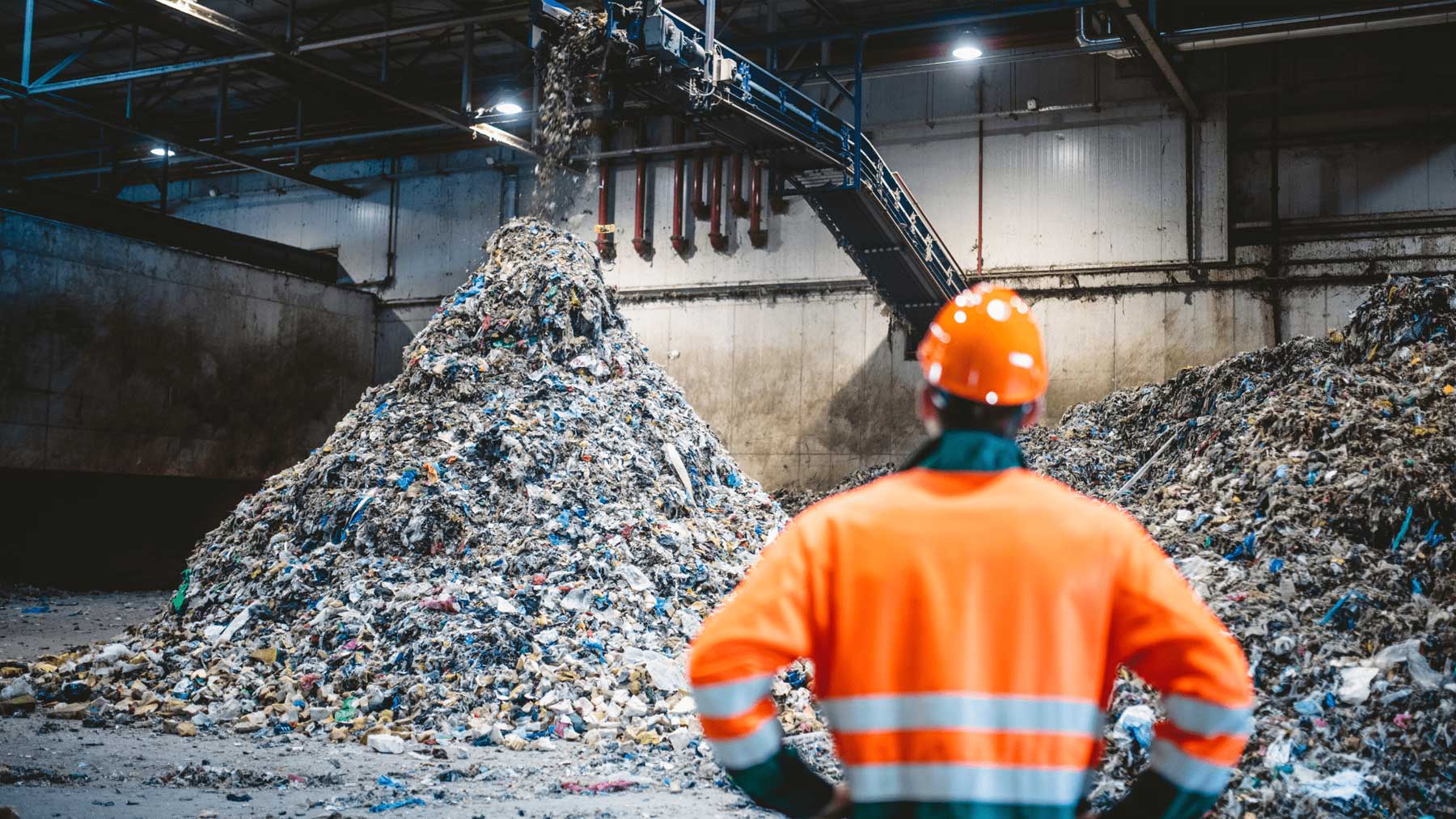
With new and innovative technologies reshaping how businesses and organisations handle waste, it would be fair to say waste management is undergoing a revolution. The newest innovations in tech are not only making processes more efficient, they’re also helping businesses to reduce their environmental impact and enabling them to play their part in supporting a greener future for everyone.
Let’s take a look at five key tech advancements that are driving the future of waste management
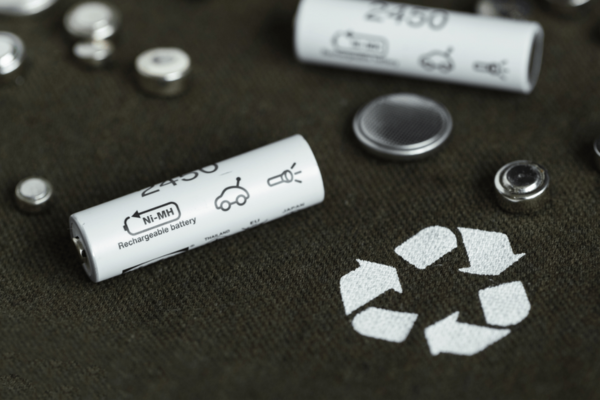
Why “waste-to-energy” is big news for our future
You might have heard people talking about Waste-to-energy (WtE) – an innovative solution transforming how we manage waste and generate power. But what exactly is WtE, and how exactly is it revolutionising the way we treat waste?
Well, simply put, WtE works by converting non-recyclable waste into usable energy. This innovative solution tackles two major global challenges: reducing our dependence on landfills while simultaneously creating sustainable energy sources. For businesses and communities alike, WtE represents a shift towards a more circular economy, where waste is seen as a resource rather than as a burden.
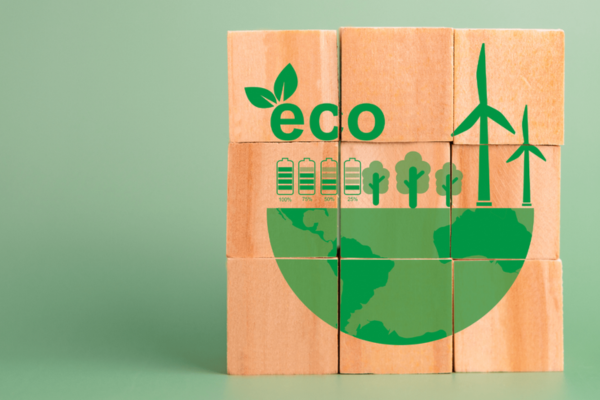
Which countries are handling waste best?
When it comes to waste management, some countries are absolutely smashing it! And while some of us are still trying to figure out which bin the pizza box goes in, some nations run waste management like a well-oiled machine. Let’s take a closer look at the global frontrunners and what we can learn from them.
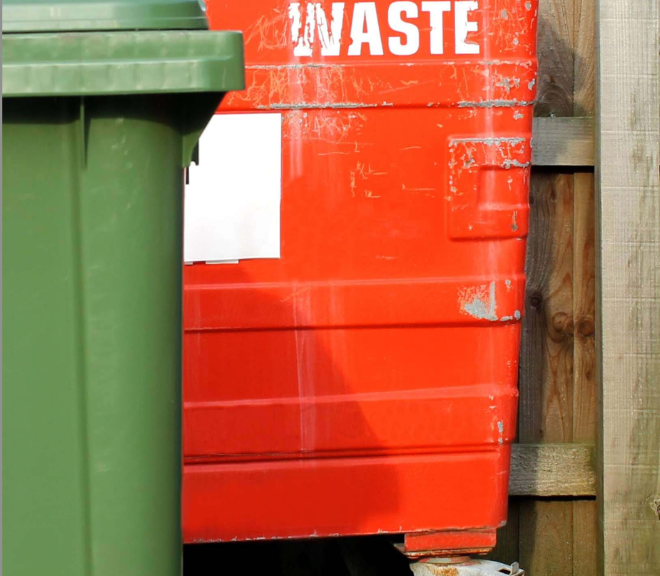
What is EPR and how could it affect your business?
Extended Producer Responsibility is making sure those responsible for commercial waste are being held accountable.
A circular waste economy is fast becoming the norm in today’s business landscape, championing sustainability and ensuring as much waste as possible is reused and recycled. We’re going to take a closer look at EPR, and what impact it could have on your organisation.

What goes into my business’s water bill?
Understanding your commercial water bill is the first step to lowering it
Water bills are a key expense for any business, especially those in sectors such as hospitality, healthcare, or manufacturing. But paying for water isn’t as easy as turning on a tap – there are several factors that contribute to your commercial water payments, and understanding these elements is the first step to cutting your costs.
That’s why we’re here to help. We’re going to take a closer look at what goes into your business’s water bills, exploring the ways your organisation can reduce its water reliance, drop your bills, and practice more sustainability.
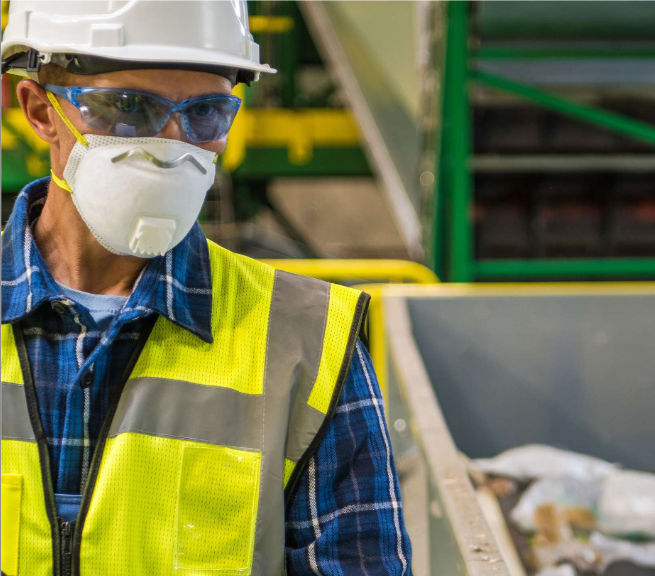
How have recycling practices improved over the years?
With sustainability taking precedence in modern business operations, the way we think – and act – about recycling has changed dramatically
The UK has set a goal of reach net zero carbon emissions by 2050, meaning every organisation has a responsibility to reduce its carbon footprint and put sustainability into practice. There are many ways to go about achieving this, but one of the key factors involved in any net zero effort is effective waste management.
But how has our relationship with commercial recycling changed over the years, and what can businesses today do to improve their waste management and achieve their green goals?

How the UK government supported superfast broadband for businesses
From online orders to digital marketing, a strong online connection can help your business thrive in a competitive, fast-paced industry. Thankfully, there is support available for businesses looking to up their broadband speed.
In recent years, superfast broadband has moved from an advantage to a necessity, and national changes reflect this. We’re going to take a closer look at how government initiatives and support around broadband have changed.
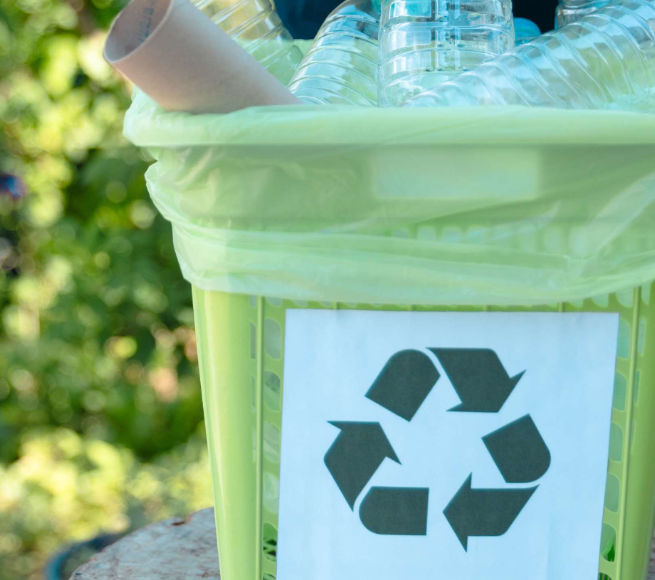
How to set waste management targets for the future
Every business is responsible for contributing to a more sustainable future, and efficient waste management techniques are a vital part of these efforts. Reducing waste production, increasing recycling and reuse, and ensuring hazardous waste is disposed of safely is all part of a sustainable waste management plan.
Sustainable waste targets can help to make these plans more concrete, giving your organisation goals to aim for that align with wider movements like net zero. There are several steps businesses can take to set and achieve waste management targets, smoothing the transition to a greener, cleaner future.

The secret to handling food waste
Food waste happens in any and all businesses, whether you work in the culinary field or simply convene in an office environment. Between the never-ending lists of tasks to complete, it can be easy to overlook the food that gets thrown out as a result of your business operations, but reducing food waste can make a positive difference to both your brand and the planet.
Reducing food waste can be a game change, and we’re going to take you through the ins and outs of it – from the reasons behind food waste to the importance of cutting it down, to the steps you can take to make a big difference. Let’s take a look.
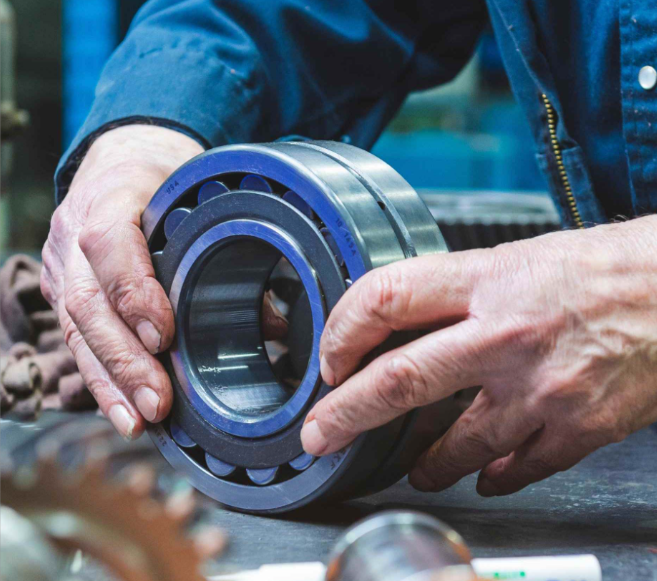
Water works: making efficiency savings in manufacturing
The manufacturing industry is one of the most water-reliant sectors, but there are steps you can take to save.
Efficient manufacturing processes directly impact resource depletion, and effective water use can boost operational efficiency through both reduced costs and reduced waste. With that in mind, we’re going to take a look at the close relationship between water management and manufacturing success, exploring the steps your manufacturing business can take to put better water management in practice.

What can businesses expect to save when shopping around for a new water supplier?
Costs are tight, and businesses are on the lookout for ways to cut spending and improve their bottom line. One area that often gets overlooked is the potential savings that can come from shopping around for a new water supplier.
However, it’s not just about the direct cost savings. Improved services, customised solutions, and the opportunity to engage in more sustainable practices all offer compelling reasons to consider making a change.
But how much can your business really expect to save, and is it worth the effort?

Here’s how the size of your business affects your business water contract
The size of a business undeniably influences its water contract. While larger businesses might benefit from volume discounts and dedicated customer service, smaller ones enjoy greater flexibility and simpler contract terms.
But regardless of the size, it’s necessary to read the fine print, understand consumption patterns, and negotiate a contract that aligns with both your operational needs and values.

To flush or not to flush; that is the question
Flushing the toilet is one of the life’s most mundane actions, but it can have significant implications. What you choose to flush, and not to flush, can not only impact the health of your plumbing, but also the health of the environment as a whole.
And when it comes to plumbing, knowledge is power. From understanding the basics to exploring sustainable solutions and practices, we’re going to take a closer look at the seemingly simple act of flushing.
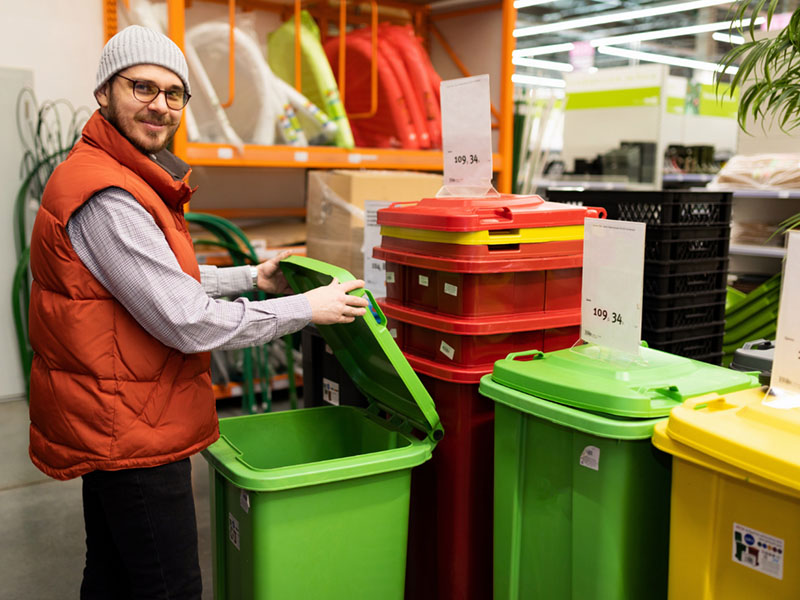
An introduction to retail waste management
The UK is a nation of shoppers. And retail organisations provide the goods that consumers demand. But with environmental concerns constantly growing, and pressure on governing bodies and businesses constantly building, every modern retail business needs to operate in a way that champions sustainability.
And a hugely important but often overlooked aspect of any sustainability initiative is waste management. With stringent regulations and consumer awareness shaping the industry, retail businesses need to practise compliance, sustainability and cost-effectiveness when it comes to waste.

Should you be buying bottled water for the office?
Tap vs. bottled water is a long-standing debate, but what’s the right choice?
Doctors recommend we drink eight large glasses of water per day, so it’s commendable to see anybody making the effort to stay hydrated. In an office environment, employees should always be encouraged to top up their water, but where that water comes from is a more contentious topic.
While some are quite happy drinking from the tap, others feel that offices should provide bottled water – so much so that this has become the go-to solution in many workplaces. But is it the right one? We’re going to take a closer look at the pros and cons of buying bottled water for the office, analysing whether it’s a necessary or needless expense.
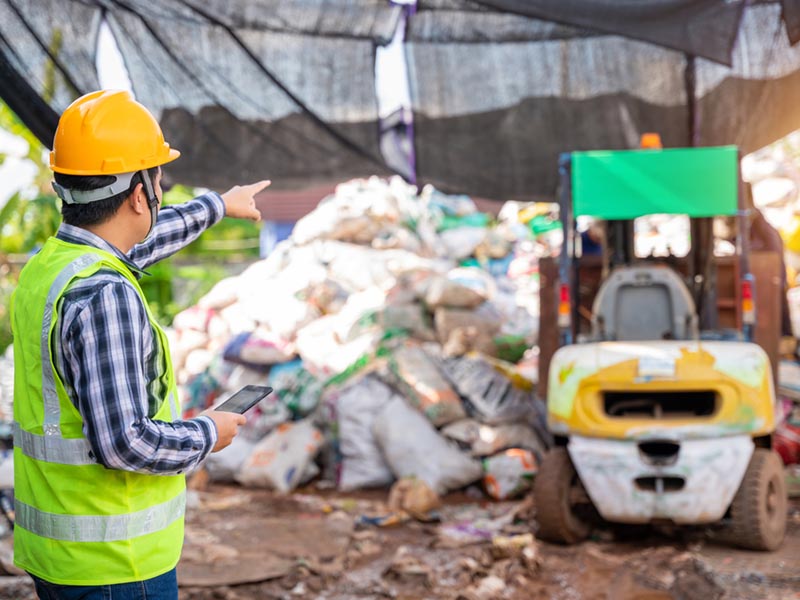
What happens to landfill waste?
Landfill waste doesn’t just go away. It could spell disaster for the health of our planet
Once something has been used and disposed of, we tend to forget about it pretty swiftly. As soon as rubbish hits the bin, we’ve already moved on to the day’s next task, but taking an ‘out of sight, out of mind’ approach to waste can be dangerous, especially when it comes to the state of the climate.

The future of waste: the role of AI in waste management
Over the past few years, AI has been making headlines for good and bad reasons. From sci-fi level innovation to concerns around how artificial intelligence will impact the arts, it’s no surprise Collins named ‘AI’ it’s 2023 word of the year.
But while AI is very good at grabbing headlines, it can also change the way certain industries are run, including waste management. AI has the potential to create a more sustainable waste management landscape, and we’re already seeing some of these possibilities become a reality.

Fashion footprint: understanding textile waste
Sprucing up a wardrobe shouldn’t come at a cost to the planet’s health. As the fashion industry grows, so too does its environmental impact. Understanding the scope of textile waste and its implications is crucial for UK fashion businesses. Not only can it help fashion businesses stay ahead in a competitive market, but it’s also vital in the broader context of the global effort to improve sustainability.
Let’s take a closer look at the issues surrounding textile waste, and what your business can do to reduce its fashion footprint.

How long is too long to run a tap?
Turning off a tap is a small act, but over time it can make a big difference to your spending. It may seem harmless to let water run while brushing your teeth, washing dishes or waiting for it to warm up, but over time these minutes and seconds add up, and so do your costs.
Let’s take a closer look at the implications of running your tap for too long, exploring key stats and essential tips on reducing waste and cutting down your bills.

How the circular economy is changing the water industry
The way UK businesses source their water is changing.
As our demand for water increases and environmental regulations tighten, organisations adopting circular economy principles getting a head start in a rapidly changing landscape. But what exactly is the circular economy, and what does it mean for the water industry as we know it?

5 innovative solutions for reducing water waste
Embracing new tech and the latest industry updates can help you save significantly on your water costs
Today’s organisations, regardless of size or industry, are finding themselves under pressure to cut down on waste and put sustainability into practice, and water usage has an often-overlooked part to play in this movement.
Researching and investing in innovative solutions can help your business reduce spending and improve your water efficiency, which helps you stand out as a sustainability champion in your field. With that in mind, let’s take a look at some of the most innovative water efficiency solutions available to UK businesses.

What are VoIP phones and what are the benefits of digital voice solutions?
The way we communicate is changing. For decades we have relied on a network of copper wires for our telephones, but the company responsible for the UK’s telecommunications network, Openreach, plans to switch off the copper network entirely by 2025.
This means that traditional phone lines and broadband services delivered via copper will no longer be available in any capacity. Modern businesses are looking instead to more digital alternatives, like Voice over Internet Protocol (VoIP).
But what exactly are VoIP phones, and how can they benefit your business?

Everflow’s success recognised in Ofwat report
Ofwat’s Business Retail Market 2023-2024 update has recognised Everflow as the fastest-growing retailer in the water market, having overtaken two incumbent retailers in terms of market share.
The report states: “The sustained growth in market share of SPIDs has been especially driven by the growth of one New Entrant Retailer which holds the sixth largest market share of SPIDs at 31 March 2024, a higher market share than two Incumbent Retailers. This New Entrant has achieved sustained growth in the market share of SPIDs across all Wholesaler areas, demonstrated by their holding of the second highest market share of SPIDs in all but two Wholesaler areas in England.”
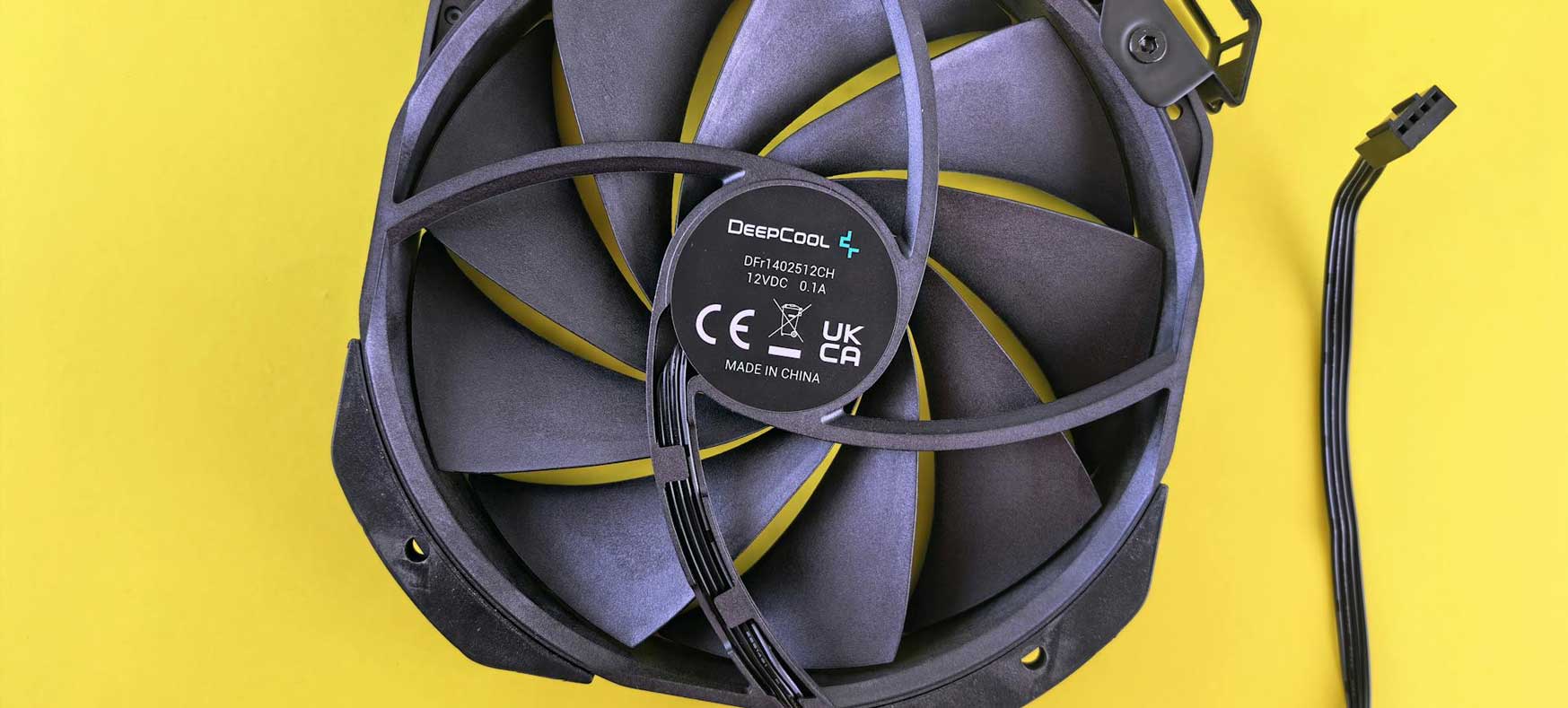
E-waste: what is it and how should you dispose of it?
As we rely more on digital technologies, the amount of e-waste we create continues to climb
Otherwise known as electronic waste, e-waste is a product of the growth in digital activities, and must be treated with as much responsibility and sincerity as any other kind of rubbish. For businesses, knowing how to dispose of e-waste in a sustainable way can help you save costs, go green, and meet key regulations.
That’s why we’re here with all the information you need. Let’s take a closer look at what e-waste is, and how you should dispose of it.
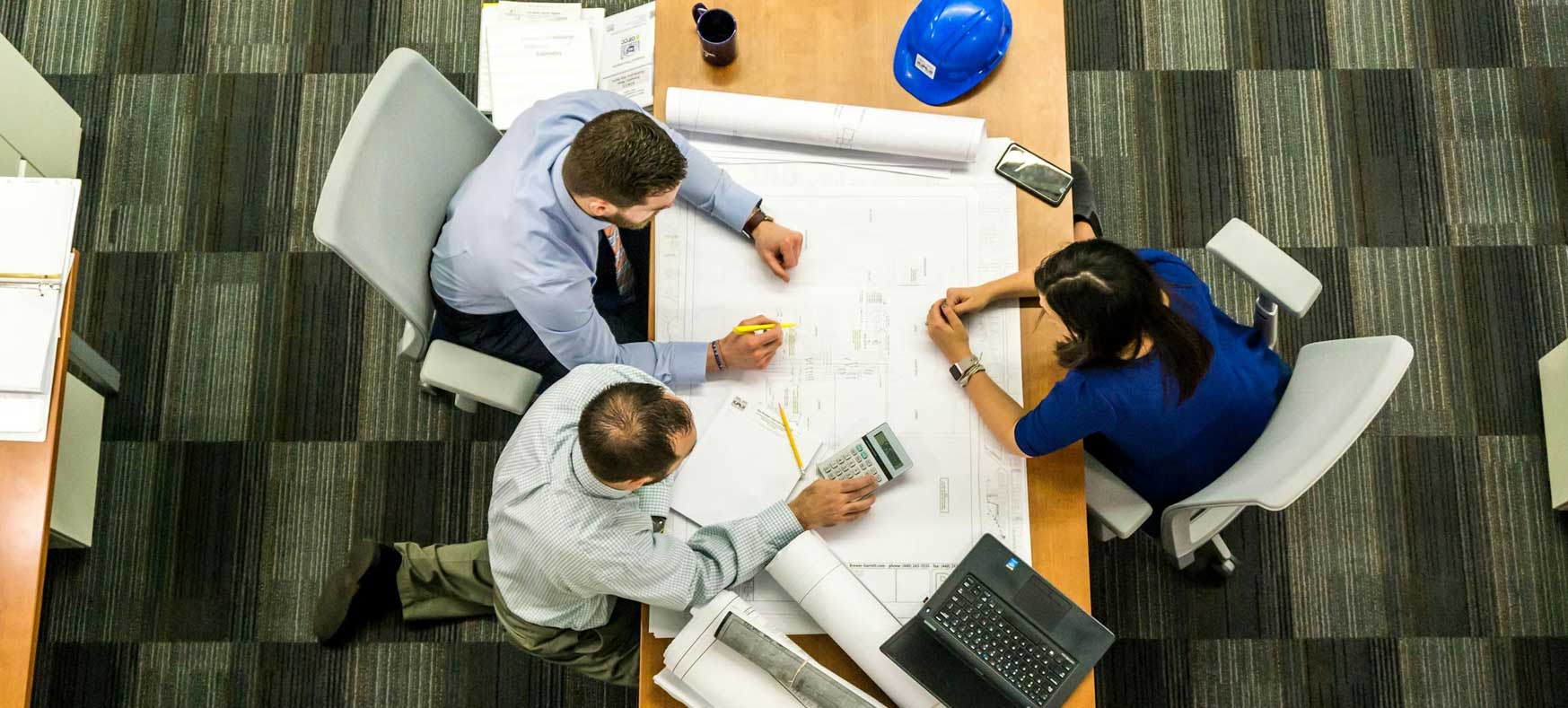
An introduction to construction waste management
Learning how to manage waste effectively can save your construction business key costs
There are thousands of construction businesses in the UK. And every single one of them has a responsibility to ensure that the waste they create is disposed of responsibly and sustainably. In fact, government figures reveal that construction, demolition, and excavation companies contribute around 62% of the UK’s annual commercial waste, so the need for effective waste management is even greater.
And we’ve got all the information you need. Here’s our comprehensive guide on achieving effective construction waste management, highlighting key practices and benefits.
The importance of regular maintenance for water safety
Taking a proactive approach to water safety can protect your business from costly issues down the line.
From ensuring employees have access to clean water to managing water systems in healthcare and hospitality, regular water maintenance is absolutely essential in making sure UK businesses are safe. Let’s take a closer look at why maintaining your water systems should be a top priority for your organisation.

6 key considerations for switching water suppliers
From households to businesses, we all need access to safe, clean water. But paying for water can be a costly affair, which is why it’s important to find the right supplier for your needs, at the right price.
Switching your water supplier can be a game changer, putting the power in your hands. This provides you with an opportunity to save on costs, improve your water supply, and enhance sustainability. But making the switch requires careful consideration to ensure you choose the right supplier that ticks all your boxes. Luckily, we’re here to help. Here are six key considerations to keep in mind when switching water suppliers.

Understanding your businesses digital carbon footprint
What is a digital carbon footprint and how much impact does it have on your sustainability efforts?
With the climate crisis continuing to make headlines, understanding and mitigating the impact of a digital carbon footprint is vital for businesses looking to operate sustainably and responsibly.
That’s why we’re here to help. Let’s explore what exactly a digital carbon footprint is, why it matters, and the practical steps you can take to reduce it.

What’s the copper network switch off and what does my business need to do about it?
A fast, secure and reliable internet connection is a non-negotiable in the modern world. Whether for business or leisure, we all rely on connectivity to get through daily life. In recent years, significant steps have been taken to accommodate this need, moving towards a future with high-speed, reliable internet that is accessible for all.
A key turning point of this transition is the copper network switch off, which will impact businesses up and down the country, so it’s important to be prepared.
To help you, we’ve got all the information you need. Let’s explore what the copper network switch off is, why it’s important, and what steps you ned to take to ensure a smooth transition.
Simple sustainable water habits to put into practice
Implementing sustainable water habits can feel like a mammoth task however, especially when trying to fit them around the never-ending daily to-do list.
But water management doesn’t have to be complicated. Even simple, seemingly small changes can make a significant difference to how much water your business consumes, and what impact this has on the health of the planet.
And we’re here to help. Let’s take a look at some simple sustainable water habits you can put into practice.

How do our water habits change in warmer weather?
Warmer weather means a lot of things, from long summer nights to days at the beach to barbeques and more. But this welcome change in weather also has a direct impact on our daily behaviours, both at work and at home, and this includes how we rely on water.
Water arguably becomes even more necessary during the summer, but in order to get the most out of your water supply in a sustainable way, it’s important to understand exactly how the warmer months impact our water habits. That’s why we’re here. Let’s take a closer look at how our water habits change in warmer weather.

Handling hazards: how to manage hazardous waste safely
Waste comes in various forms, from food waste to recyclables. Each category of waste requires individual consideration and handling, and this is particularly true of hazardous waste, which must be managed properly to maintain safety and sustainability.
Managing hazardous waste effectively helps businesses comply with stringent regulations, while also protecting the environment and public health. It can feel like a daunting task, but we’re going to take a closer look at the steps businesses must take in order to manage hazardous waste safely.

Paper trail: Managing your office waste
Every workplace creates waste. It’s impossible to avoid. What separates the responsible businesses from the irresponsible ones is how they manage their waste. Effective waste management is a crucial part of any organisation, including those based in offices.
Managing office waste effectively and efficiently is a corporate responsibility, leading to significant environmental and economic benefits. That’s why we’re here with all the information you need to put proper office waste management into practice within your organisation.

6 recycling myths debunked
With concerns about the climate crisis growing year on year, recycling is more important than ever for UK businesses of all sizes and sectors. Today’s consumers are increasingly eco-conscious, choosing to align themselves with brands that can showcase a positive effort to protect the health of the planet and this, of course, includes recycling.
But for such a seemingly simple step in the sustainability movement, recycling carries a lot of confusion and misinformation with it. Luckily, we’re here to debunk some of the most common recycling myths, giving you the knowledge you need to recycle more effectively across your organisation.

Water scarcity: a growing threat to tourism and business survival
Across the UK, many popular tourist spots are grappling with water scarcity—whether it’s from relentless droughts in sun-soaked regions or overwhelmed infrastructure in remote, rain-heavy locales.
As tourism continues to surge, the strain on these precious water resources intensifies, threatening both the environment and the local businesses that rely on them. But what can you do to reduce pressure on water sources?

Litterbugs: the impact of litter on the climate
A little bit of rubbish can lead to big consequences
Littering is an insidious problem, often dismissed as a minor inconvenience. However, the potential consequences extend far beyond unsightly streets and parks. Litter’s impact on the climate is a pressing concern, blending environmental degradation with global warming in ways that demand our attention.
Understanding the scale and impact of the litter issue can reveal the full weight of the problem, which in turn can encourage sustainable practices that protect our environment and climate.
Sewer in the seas: understanding water pollution
When our waters aren’t crystal clear, it can have big consequences
Understanding the impact of water pollution and its role in climate change is essential to remedying its negative effects. As such, we’re going to take a closer look at the issue of water pollution in the UK, and what steps can be taken to reduce the amount of sewage in our seas.

How do you know whether your water is safe to drink?
As a relatively modern and affluent nation, the UK’s water supply is generally of very high quality. This is, of course, a good thing, as access to clean, safe drinking water is vital for our health and wellbeing.
However, even in the UK, there are times when concerns about the safety of our water may arise. Whether you’re at work, at home, or in a new location, understanding how to assess the safety of water is crucial. Thankfully, we’re here to help. Here is our guide to help you determine whether your water is safe

Machine learning: the role of AI in the water industry
The world is growing increasingly tech savvy, and the water industry is no exception. To keep up with modern demands, and face the challenges of climate change, population growth, and infrastructure management, the UK water industry is investing in innovative technologies.
Safe, clean water for drinking, sanitation, and industrial use is vital, and modern tech like machine learning is designed to enhance efficiency and sustainability. Machine learning is revolutionising the way water utilities operate. Let’s take a look at how.
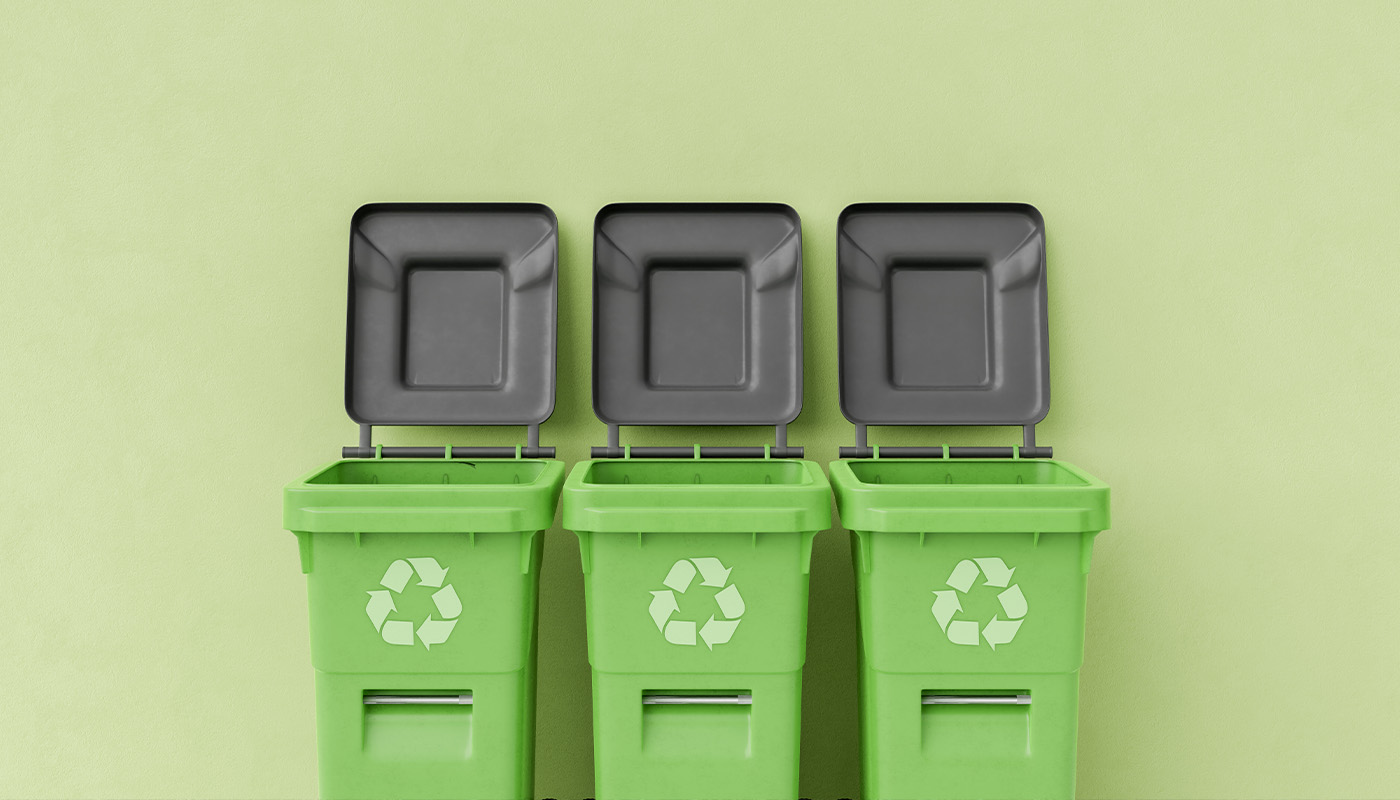
What are ‘difficult to recycle’ items and what does my business do with them?
Proper waste management and recycling can reduce your business’ carbon footprint and costs, while also earning you a reputation as a brand that cares about its customers and the world we all inhabit.
However, not all items are straightforward to recycle. Understanding these ‘difficult to recycle’ items and knowing how to handle them can significantly improve your business’ green efforts, and we’re here to break it down for you.

How can flowmeters help water sustainability?
The efficient management of water resources has never been more important, thanks to ageing infrastructure, population growth, and the climate crisis. And one piece of tech that plays a significant role in this is the flowmeter.
Let’s take a closer look at what flowmeters actually are, and how they can boost your commercial water sustainability.
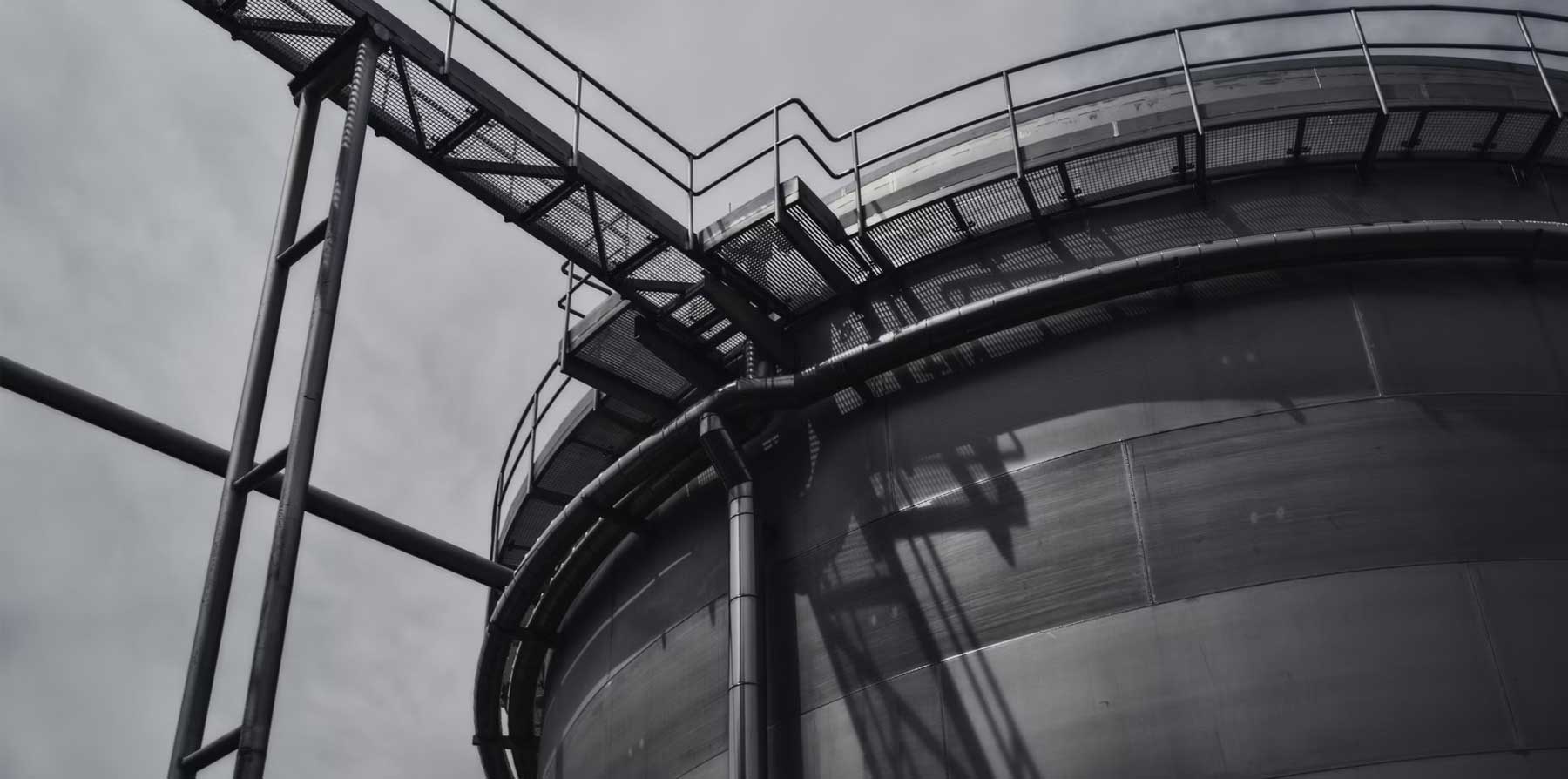
Why proper waste management is vital for manufacturing businesses
There are concerns over the amount of waste factories produce every year, so it’s vital everything possible is done to reduce, reuse and recycle such waste.
More than 40 million tons of industrial waste are produced in the UK each year – with factory waste accounting for a significant amount of this. If you run a factory, it’s your responsibility to ensure all waste generated is stored, removed, and disposed of appropriately.

Hard water vs. soft water: what can it mean for your business?
Is your water helping your business flow smoothly?
With a never-ending to-do list to contend with, it’s understandable that most entrepreneurs don’t spare much thought for the water coming out of their taps. But water quality is a key consideration for any business, regardless of size or industry.
Understanding the way our water varies – and particularly the differences between hard water and soft water – can help you make informed decisions that improve efficiency, reduce costs, and enhance product quality across your business.

Will water bills be going up soon?
Higher costs are something every business fears, and hefty water bills can make the future feel uncertain
Every business needs water to some degree, but how much you spend on water can vary wildly depending on your area, requirements, and the current economic climate.
So we’re here to answer the question that plagues many business owners: will water bills be going up soon?

Should businesses have a plan for water scarcity?
Access to clean and safe water is something most of us take for granted here in the UK, but there are factors which can threaten it. For businesses, water scarcity can spell disaster in terms of not just productivity, but employee health and wellbeing too.
Let’s take a closer look at the threat of water scarcity, and why a water scarcity plan is important for your business.

Everything you need to know about trade effluent
One often-overlooked aspect of business water is trade effluent. If you don’t know what that is, you’re not alone, but getting to grips with it can give you a clearer picture on how your businesses uses – and wastes – water, and what changes you can put in place.
That’s where we come in. We’re here to provide you with all the information you need about trade effluent.

Getting familiar with producer responsibility
Effective waste management requires a collective effort
One of the key aspects of waste management is producer responsibility, a principle that ensures producers are held accountable for the entire lifecycle of their products, including their disposal and recycling.
Let’s take a closer look at what producer responsibility involves, and what it means for your business.

How does the UK’s water quality rank in the world?
When it comes to water quality, is the UK in the clear?
In the UK, water quality management must negotiate challenges relating to historical infrastructure, modern regulations and ongoing environmental challenges. Ensuring that water supply is of a sufficiently high quality is vital to keeping the UK running smoothly and the population in good health. But how does Great Britain fare in comparison to the rest of the world?

Why proper waste management is vital for hospitality businesses
There’s a growing concern about the large amount of waste the food and accommodation sector generates. Every UK business owner has a duty of care under UK law to manage the waste their business produces – including its disposal.
Lets take a look at some of the regulation involved and why proper waste management is so important for businesses in the hospitality industry.
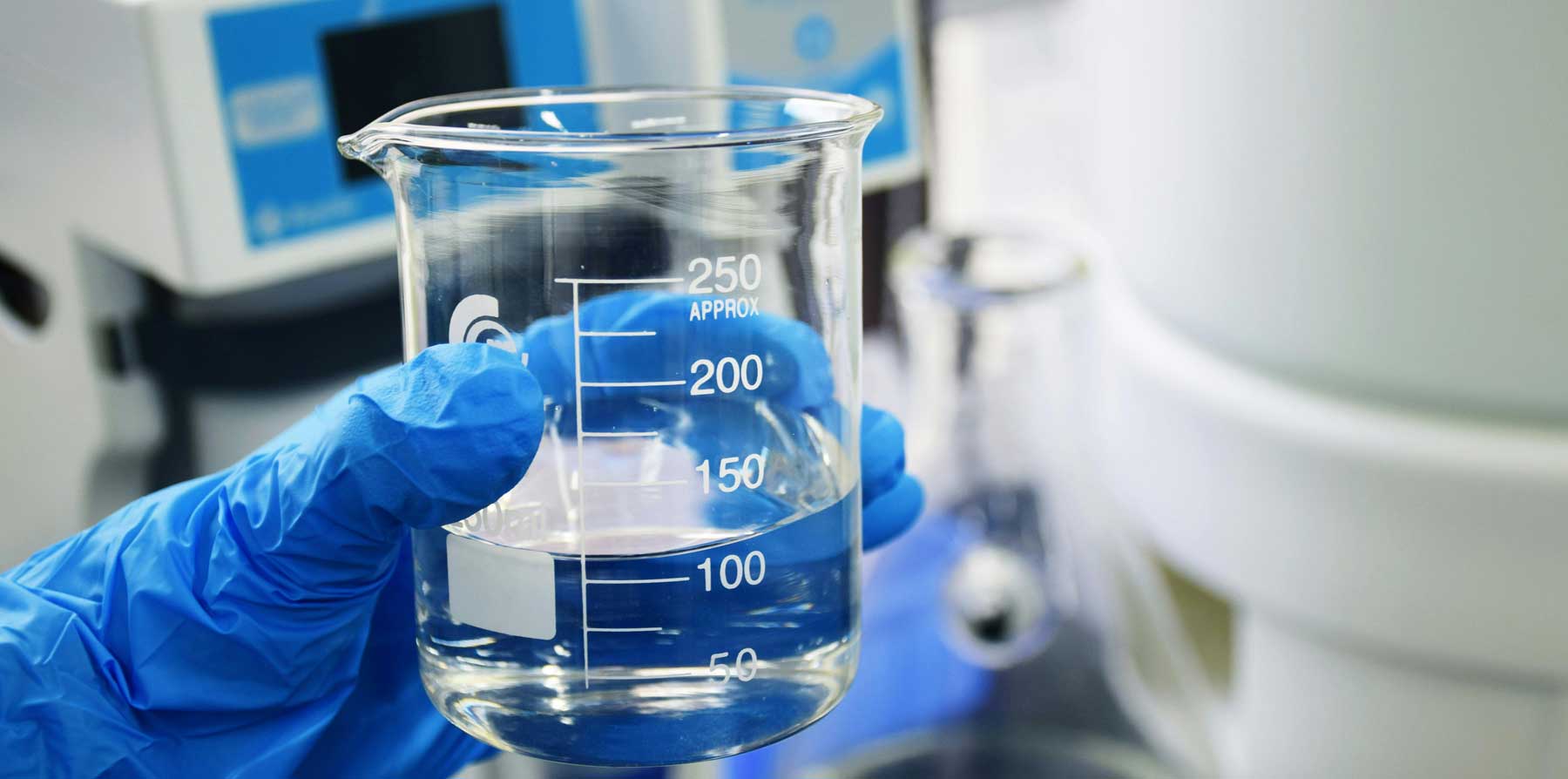
A beginner’s guide to water audits
Your business may be using more water than you think, or even paying for water that is simply going to waste.
Completing a water audit gives you a clear overview of where your business stands in terms of water management, and how it could be improved. We’re going to take a closer look at water audits, examining what benefits they could bring to your business and how you should go about undertaking one.

Getting familiar with food waste
In fact, according to Business Waste, the UK throws away as much as 9.5 million tonnes of food waste every year, even though 8.4 million people are living in food poverty.
Let’s take a closer look at the world of food waste, exploring how it impacts UK businesses and what steps can be taken to reduce it.

What’s causing pollution in our water supplies and what can you do to help?
Water safety is in trouble in the UK, and you only need to look at the statistics to realise it. According to Surfers Against Sewage, there were over 399,864 discharges of untreated sewage in UK rivers in 2022 alone. What’s more, only 14% of UK rivers had a ‘good’ ecological status in 2023, according to Loughborough University.
So it’s clear that there’s a serious problem, one that impacts us all. But what can UK businesses do to help? Let’s take a look.

An introduction to tattoo artist waste management
According to Waste Managed, the average tattoo parlour produces 1,300 bags of rubbish every year, and 1.5 million tonnes of waste. This is perhaps no surprise, as the UK is the most tattooed country in the world.
And with so much tattoo waste being unique and difficult to dispose of correctly – such as needles – effective waste management should be a priority for every tattoo artist. With that in mind, here’s everything you need to know.

How can UK businesses help to reduce plastic waste?
Plastic poses a huge threat to the planet, but UK businesses can play a part in fighting its negative impact.
Thankfully, there are steps that can be taken to diminish the amount of plastic sent to landfills in the UK, and businesses have a significant role to play. Let’s take a closer look at the plastic pollution issue, and what UK businesses can do to help

A who’s who of the water retail market
Knowing more about the water retail market can give you the tools you need to choose the best supplier for your business, effectively saving you significant costs in the long run. What’s more, you’ll be better equipped to find a green water supply that aligns with your organisation’s sustainability commitments.
Let’s take a closer look at who’s who within the water retail market.

A brief history of water supply in the UK
The history of our water supply is closely linked to that of our economic and industrial growth. Understanding this history is not just about appreciating the past, it’s about gaining insights that can shape future business strategies in an era where water efficiency and sustainability are more than just buzzwords.
Let’s take a closer look at some of the key milestones in our water supply history, shedding light on lessons that businesses can leverage today.

What is a sustainable water tariff and how does it work?
In the heart of every responsible business is a commitment not only to economic growth but also to long term sustainability. Of course, lowering carbon emissions, placing emphasis on recycling and reducing the consumption of raw materials are all critical features of any sustainability strategy. But not every organisation is placing the same emphasis on a sustainable approach to water.

What’s a water strategy and how can you get one?
Effective water management has a lot of benefits, from contributing to your organisation’s sustainability efforts to saving you money in the long run. But getting to grips with your commercial water use requires both time and effort, with a comprehensive water strategy playing a vital role.
We’re going to take a closer look at business water strategies, asking what they should include and how your business can benefit.

Eight technological advances in leak detection you should know about
A leaky tap or pipe may not seem like a huge problem to your business, but over time, this seemingly small issue can turn into something much larger and more costly. In fact, according to the Association of British Insurers, escape of water costs £2.5 million a day, or almost £1 billion a year.
Let’s shine a light on eight of the most innovative technological advances in leak detection to ensure your business isn’t paying for water you’re not using.

Trade effluent
Under section 118 of the 1991 Water Industry Act, it is an offence to discharge trade effluent (sewerage) without consent from the water wholesaler, so it’s really important you obtain consent before disposing.
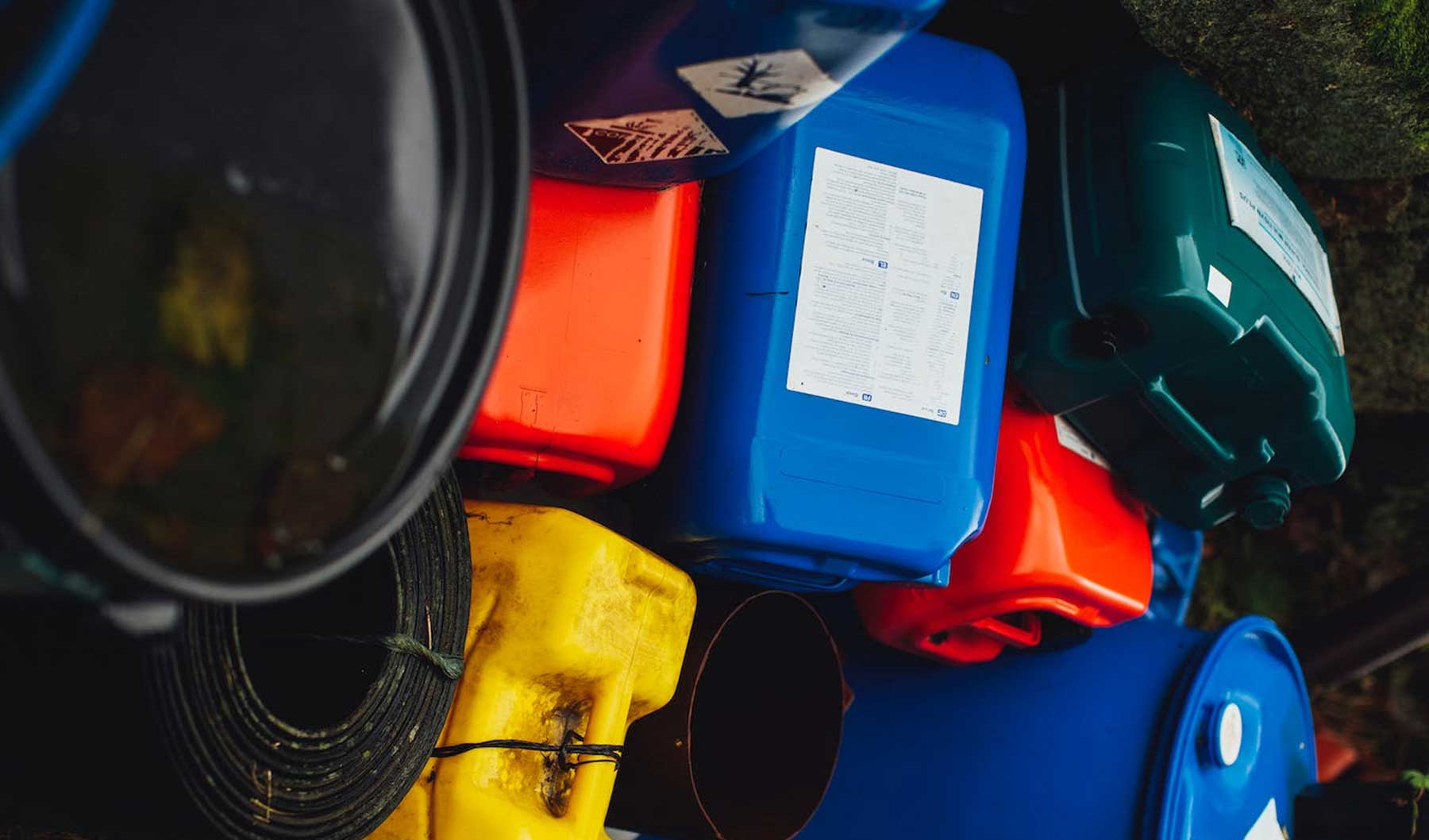
Ten effective solutions for managing hazardous waste
When handled irresponsibly, hazardous waste can spell danger for both your business and the environment.
hat does responsible hazardous waste management look like, and what steps can your business take to improve their waste management?

Water supplies around the world: the pros and cons of the UK system
How does the UK’s water supply system differ from other countries, and is it benefitting your business?

From reservoir to running water: here’s what it takes to keep your business’s water supply consistent
The way the water industry works in the UK remains a mystery for many businesses. But it’s well worth taking the time to understand the various factors involved in commercial water supply, as this can help you make informed decisions and choose the right supplier for your business needs.

The environmental impact of commercial waste and how businesses can make a difference
The environmental impact of commercial waste can be significant, but businesses aren’t powerless. Organisations of all sizes and structures hold the power to make a significant difference. Let’s take a closer look at the impact commercial waste can have, and the steps companies can take towards a more sustainable future.

From trash to treasure: the potential of waste-to-energy technology
Technology is always evolving, creating more and more possibilities for tech-led waste management.
Enter waste-to-energy (WtE) technology: an innovative solution that could see our trash become the UK’s next energy treasure. Let’s take a closer look at what defines WtE, and what it could mean for your business?

Why proper waste segregation matters in the commercial sector
All businesses produce waste. Regardless of your size, location or industry, there will always be waste when it comes to running a business. What sets responsible businesses apart is how they manage their waste, reusing, reducing, recycling and, of course, segregating where possible.

How might climate change affect the UK’s water supply?
The climate crisis impacts every factor of modern life, from weather to agriculture to business. Today’s organisations have a responsibility to step up when it comes to sustainability, regardless of size or industry. This means adjusting your business infrastructure to reflect a greener model, whether through energy, waste, or water.

Keeping a handle on business overheads in a cost of living crisis
The cost of living crisis has impacted us all, but simple changes can make a big difference for businesses and individuals.
Here are five factors to consider when trying to effectively manage business cashflow during the cost of living crisis.

Why you can’t afford to ignore your leaky taps
A leaky tap might seem like a small issue, but over time to costs can rack up.

Avoiding a wasteful January: how to dispose of Christmas rubbish responsibly
January is a time for fresh starts, so here’s how to leave the festive waste behind

Water audits: what’s the point?
Enter water audits, designed to help businesses make sense of their water supply. But what exactly are water audits, and why are they so crucial for organisations today? Let’s take a closer look.

My pipes have frozen. What should I do?
Business owners need to be smart when it comes to the risk of frozen pipes, taking the necessary steps to reduce their risk and deal with issues swiftly should they occur. Understanding the steps to take when faced with frozen pipes is crucial for any business to mitigate risks and maintain continuity.
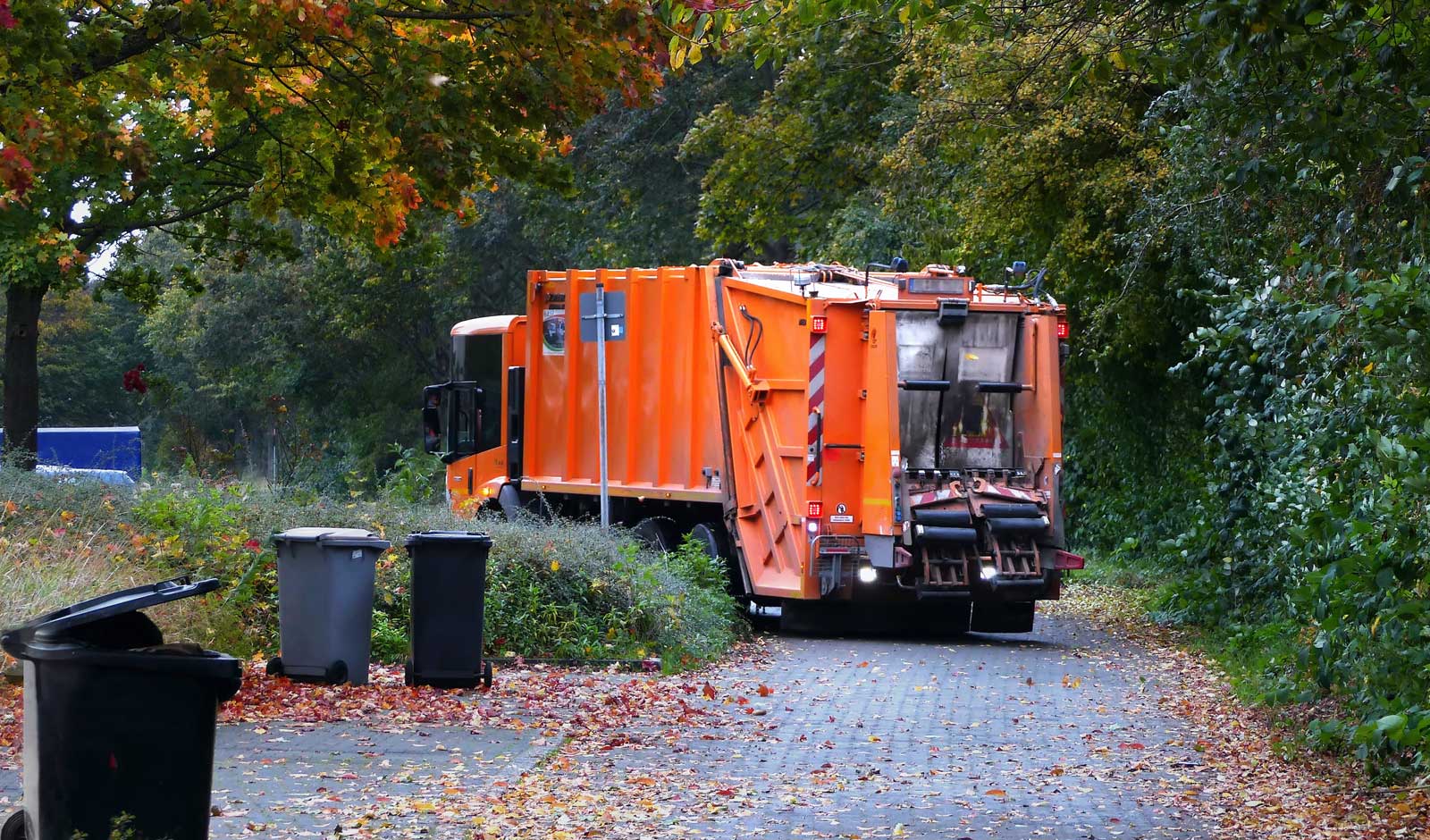
Understanding the lifecycle of your commercial waste: from pickup to processing
The lifecycle of commercial waste is a critical process that every business should understand. This knowledge not only helps in meeting legal obligations but also contributes to environmental sustainability. We’re going to take a look at each stage of this lifecycle, from collection to processing.
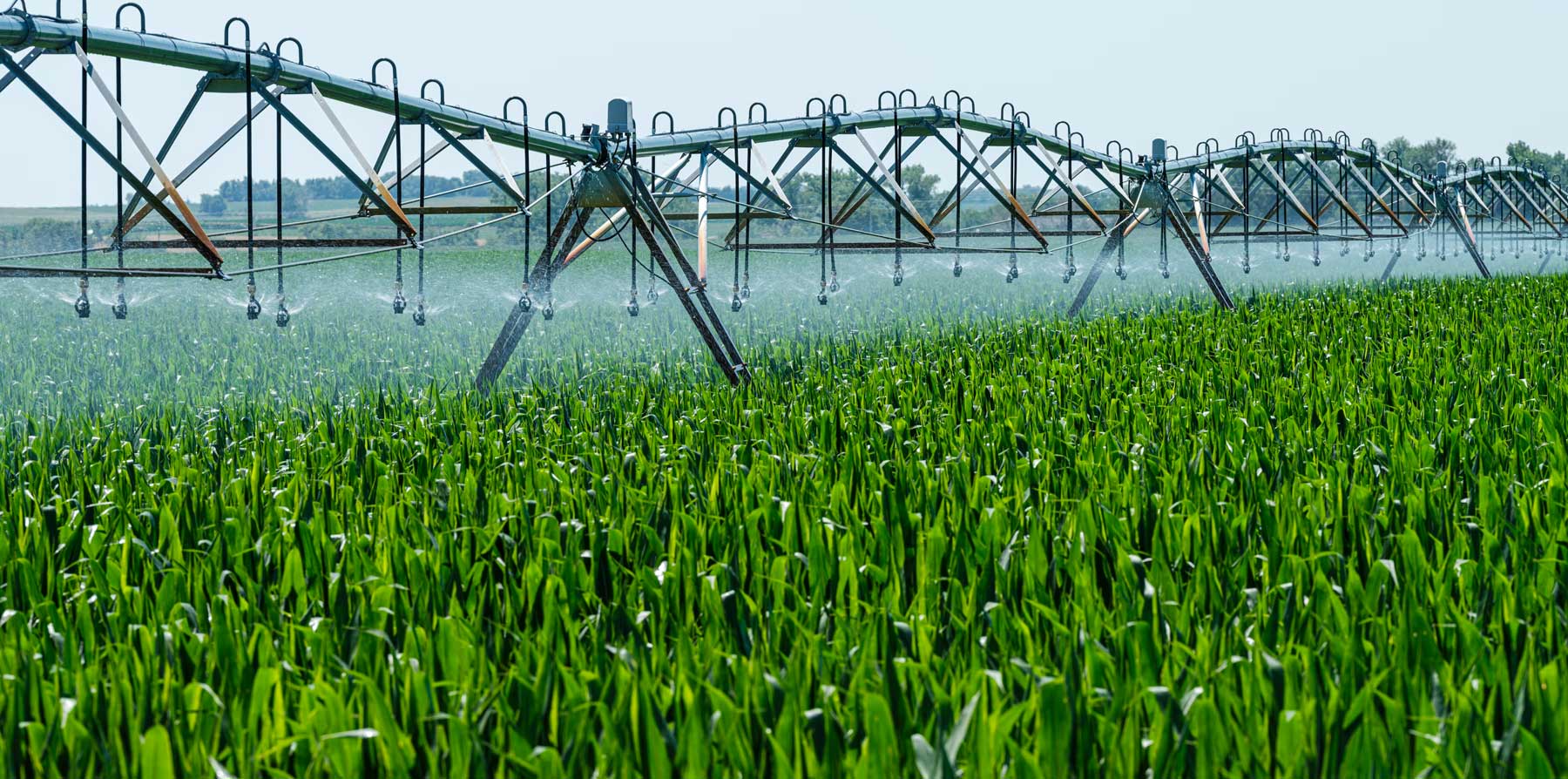
Here are some of the sectors that can really benefit from comparing commercial water suppliers
While domestic consumers often have limited choice when it comes to water suppliers, commercial sectors often have the flexibility to choose among multiple suppliers. By comparing commercial water suppliers, businesses can identify cost-saving opportunities, improved service, and eco-friendly options.

Recycling in the UK: how are businesses doing?
How are UK businesses doing when it comes to meeting recycling expectations, and how much further do industries need to go to truly go green? Let’s take a look.

How your business can benefit from a zero-waste policy
For many businesses, zero waste is the goal. Adopting a zero-waste policy is not just a moral imperative but also a strategic business decision. Shifting towards zero waste can offer a plethora of benefits, ranging from cost savings to enhanced brand image.

Five key water takeaways from the 2023 Environmental Improvement Plan
Setting out actions that need to be taken to restore nature and tackle pollution, the Environmental Improvement Plan impacts businesses across all industries
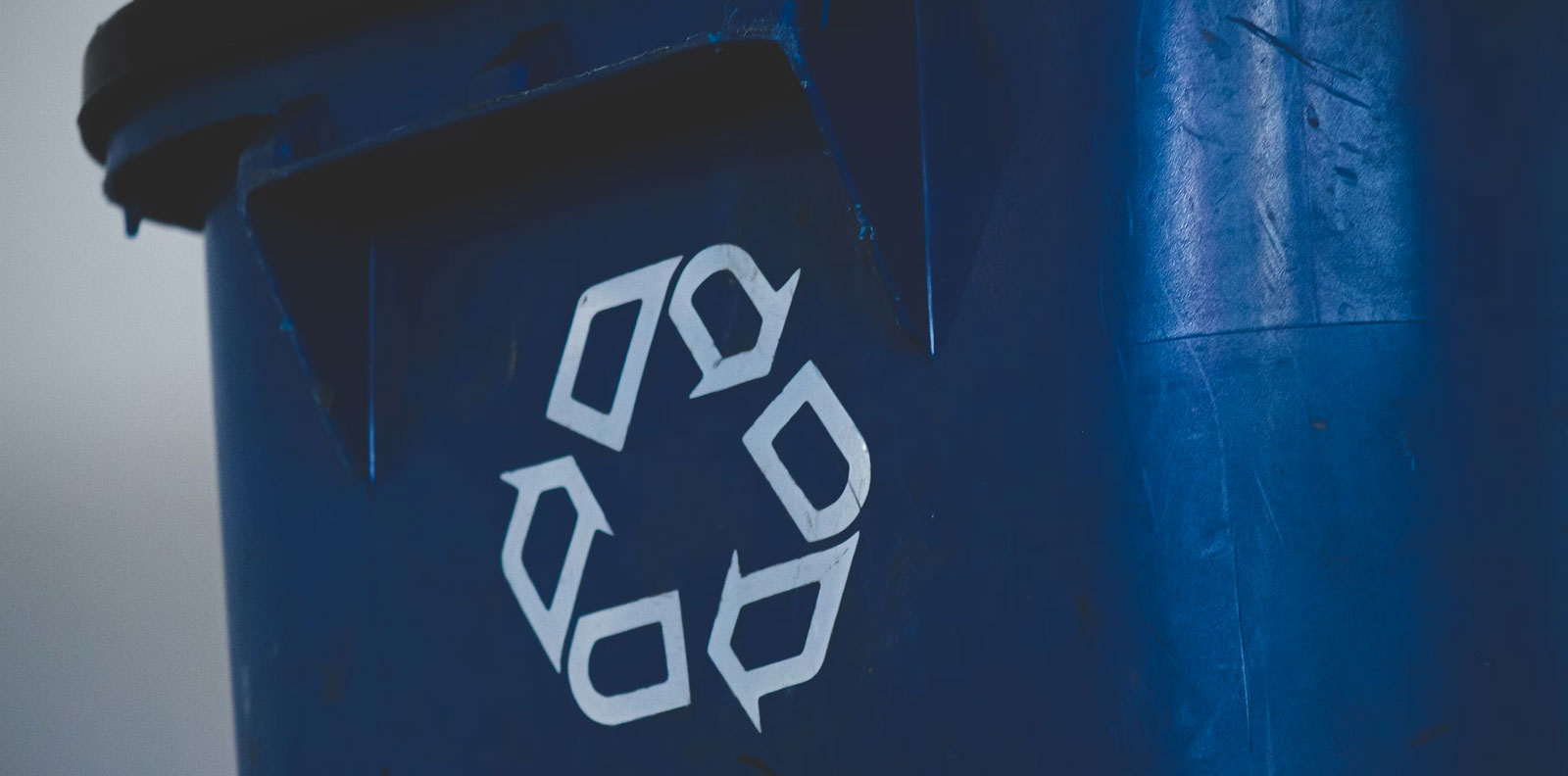
A deep dive into recycling: best practices for commercial enterprises
For decades, recycling has been an essential part of waste management. However, in the face of mounting environmental concerns, its importance has never been more apparent. Today, recycling is an essential requirement for organisations of all shapes, sizes and sectors – not just in the UK but globally.

Welsh recycling laws are changing: everything you need to know
The Welsh government has announced that it will be introducing Workplace Recycling Regulations from the 6th April 2024. But what do these changes mean for your organisation, and what do you need to do to follow the guidelines?

The dangers of failing to dispose of electronics correctly
All businesses have a responsibility to ensure effective waste management, particularly when it comes to electricals.

Seven waste management innovations that could change the future of the industry
Finding the right waste management solutions can benefit your business in the long run. So, let’s take a closer look at seven waste management innovations that are helping businesses take back control of their waste disposal and renewal.
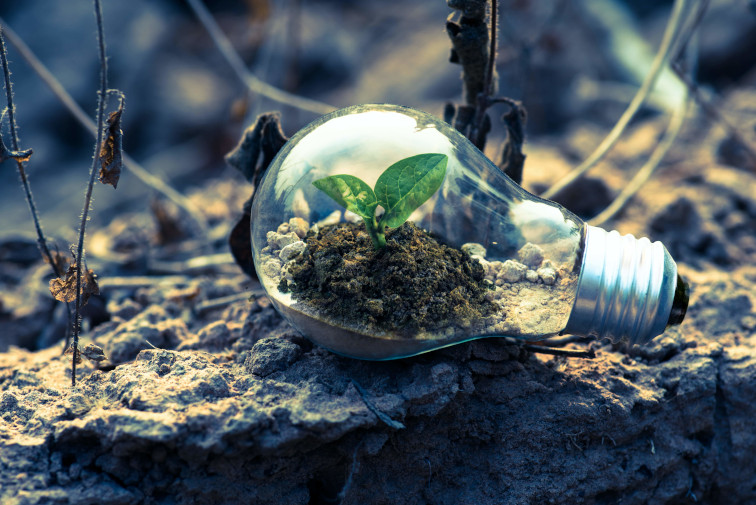
Should you be concerned about a global water crisis?
Between two and three billion people around the world are experiencing water shortages, and these figures are set to grow

Whitewater, greywater and blackwater: an introduction
For most of us, being able to turn on the tap and have clean running water at our fingertips is something we take for granted. But there’s a lot more that goes into water supply than you might think.

How can a modern utility provider add value to your business?
If you aren’t paying attention to business overheads such as energy, waste and water, those monthly outgoings can quickly eat into any income that your company generates. So, finding the right utility provider is essential in order to ensure that you stay in control of your monthly spending and avoid unnecessary expenditure.
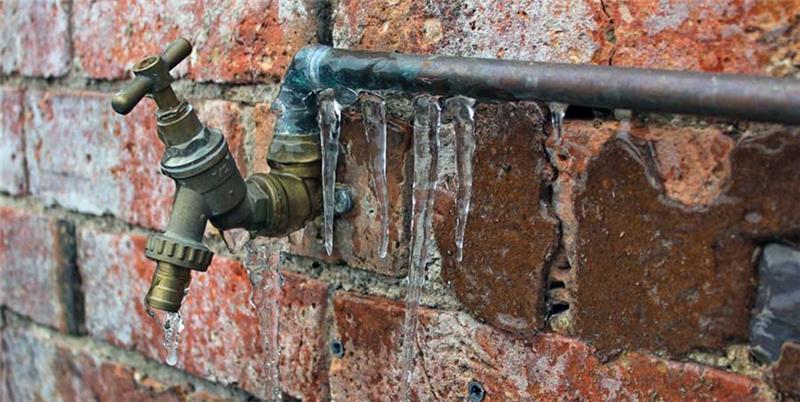
Ice, ice, safety: Protect your business from the winter weather
Ensuring your business is prepared for colder weather could save you thousands.
Here are our top tips to protect your pipes and pounds!

Update: Return to Sewer changes
Several wholesalers across England have reviewed their standard Return to Sewer (RTS) rates and confirmed a change to the charges that apply to those rates as of 1st April 2023…

Update: Scottish rateable value charges
Following the non-domestic rates revaluation in Scotland which took effect from 1st April 2023, the charges applicable to your supply may have changed…

What the water industry is doing to protect the environment and improve life
Climate change is the defining issue of the modern age. Unless we all take significant action to protect the planet, our civilisation will be irrevocably damaged over the coming decades…

5 ways that tech is helping to move the water industry forward
It’s often easy for companies and households in the UK looking to improve their impact on the planet to overlook water supply. In a country where we always talk about the weather, we often don’t think twice about…

Gender gap in waste? What a load of rubbish!
I started Everflow in April 2021 as a Customer Service Advisor in water. In May 2022 I secured a position as Customer Support in Waste and became a Waste Management Co-ordinator in February of this year…

Our first Water Efficiency Award winners!
DDW at Burton on Trent is a food colouring manufacturer, and part of a Swiss global company called Givaudan…

Transfer note
*Notice of Application to Transfer a Water Licence and Sewerage Services Licence *…

Top tips for becoming more sustainable as a business
While we love warm weather, the extreme changes in our climate are not to be ignored. At Everflow, our mission to carbon-neutrality and achieving Net-Zero means that we’ll take whatever steps we can to reduce climate change and global warming…
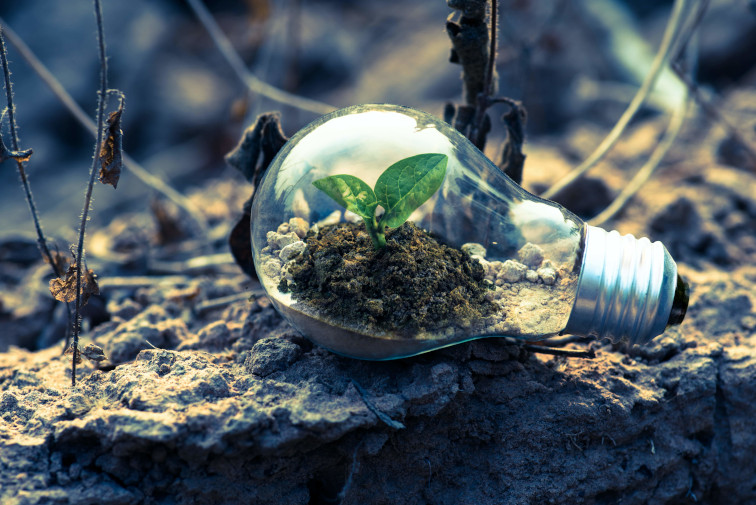
Carbon reduction – 2021 report and plan for 2022
Climate change is an existential threat to our planet, the human race and our way of life. It is also creating wide injustices across the world. We want to be part of the solution, rather than one of the causes of the problem…

Sustainable Water Strategy 2021-23
Everflow wants to be the water retailer that everyone chooses. We do this by making water simple and delivering great service and low bills for customers…

Save your energy bills by washing hands in cold water!
Water use unsurprisingly increased during the pandemic due to increased handwashing. But did you know that water can only kill germs on its own when it’s so hot that it would scald your hands? Getting a good lather with any soap is what actually removes germs from your hands…

How we help customers save water (and money!)
88% of people want the businesses and organisations they use to be environmentally friendly. So greening your business will help you attract and retain customers…

Ways to save on your water bill
Having regular meter readings keeps your bills as accurate as possible, as well as helping to spot any leaks or problems. You can read more about why meter readings are important, and how to take them here…

Water Efficiency Guide
As the population grows and we see changes to our climate, there are increasing pressures on our water supply. The Environment Agency has estimated that in 25 years, the UK will not have enough water to meet the demand…

Managing utility bills as a business
It’s important to understand your invoice and be aware of which period you’re being charged for. Our invoices have been created for ease of use, so it won’t take you long to understand the breakdowns…

How to carry out a leak test
Leaks can waste a lot of water if they’re not fixed quickly. If you think you’ve got a leak and have a water meter, try the following:…

What is a SPID?
When it comes to utility bills, the acronyms can be confusing! Here’s a brief outline of what a SPID is, and what SPIDS are used for…

Emergencies
Important notice:
Please contact your wholesaler immediately if you experience any changes to your water supply or wastewater services such as a water shortage…

Will I be charged VAT on my water bill?
If you run a non-industrial business, you may be exempt from paying VAT on your water supply. If you run an industrial company, whether you will pay VAT on your commercial water bill depends on your main business activities as determined by your SIC code…

Frozen Pipes Guide
Winter and the colder months bring the cold and with that, water inside exposed pipework and garden taps can freeze. Once frozen, water turns to ice, then expands…

Business Water Guide
In April 2017 England joined Scotland in opening its business water market for competition. This meant non-household customers no longer had to buy their water and wastewater services from their regional wholesaler. Instead, they can shop around for the best deal…
1. Smart waste systems
Imagine bins that can tell you when they’re full. Smart waste systems use IoT sensors to track fill levels and optimise collection schedules. This reduces the number of unnecessary collections, cutting fuel use and emissions, while saving time and money for businesses managing multiple waste points.

2. AI-powered sorting machines
Sorting waste has traditionally been pretty labour-intensive work, but now AI is changing the game. The introduction of AI-driven tech now enables machines to identify and separate recyclables from mixed waste streams with impressive accuracy. These incredibly smart machines have boosted recycling rates by reducing contamination and improving the overall efficiency of waste facilities.
3. Chemical recycling technologies
Plastic has always been a challenge for the environment. And because not all plastics can be recycled through traditional methods – which often leads to landfill overflow – we were crying out for a breakthrough in the way plastics are recycled. Chemical recycling breaks plastics down into their molecular components, enabling them to be reused as high-quality raw materials again. This innovation transforms previously unrecyclable items into valuable resources.
4. Waste-to-energy solutions
Modern waste-to-energy (WTE) plants provide a solution for waste that can’t be recycled. These facilities convert rubbish into electricity or heat, offering an eco-friendly alternative to landfills. Unlike older incinerators, today’s WTE plants are cleaner and more efficient, capturing harmful emissions while generating energy.
5. Circular economy initiatives
A circular economy focuses on environmental impact by aiming to keep materials in use for as long as possible, and some companies have transitioned to designing products with reuse in mind. Businesses can cut down on waste and create a more sustainable lifecycle for goods by planning for the recycling and repurposing of products at the design stage.
These progresses in waste management technologies are paving the way for smarter waste management practices, and, for businesses, embracing these innovations not only supports sustainability goals but can also lead to cost savings and improved operational efficiencies.

Contact Everflow today!
At Everflow, our goal is to make your utilities simpler. We ensure you get great-value contracts that are tailored to your needs and easy to manage.


